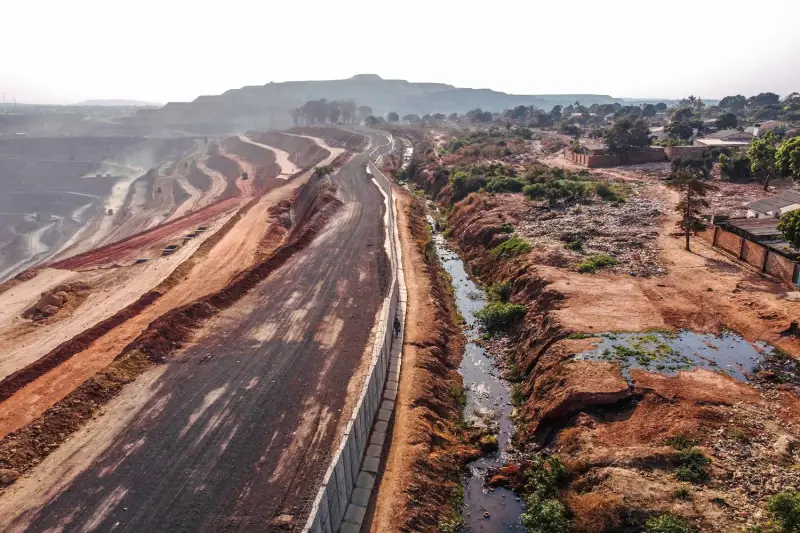The growing rivalry between the United States and China is intensifying on African soil — and at the centre of this global power struggle lies the continent’s vast reserves of critical minerals that power modern technology.
From smartphones and electric vehicles to artificial intelligence data centres and advanced weapons systems, minerals such as lithium, cobalt, tungsten, and rare earths are essential to the global economy. Africa holds a significant share of these resources, making it a strategic battleground for influence between Washington and Beijing.
China has long dominated the global critical minerals market through major investments in African mines and a powerful grip on global processing facilities. However, the United States has begun closing the gap — becoming the largest foreign investor in Africa for the first time since 2012. In 2023, US investments reached $7.8 billion, nearly doubling China’s $4 billion, according to data from the China Africa Research Initiative.
Much of this renewed American push is being led by the US International Development Finance Corporation (DFC), created in 2019 to strengthen Washington’s economic presence in strategic regions. The agency has been instrumental in backing projects like Rwanda’s Trinity Metals, which received a $3.9 million grant to expand its mining operations for tin, tantalum, and tungsten — key materials for global manufacturing.
Trinity Metals now exports Rwandan tungsten and tin to processing plants in Pennsylvania, USA, ensuring a “conflict-free” and “child-labour-free” supply chain, according to the company’s chairman, Shawn McCormick.
African economists, however, are urging governments to take a more assertive role in negotiations. Sepo Haihambo, a Namibian economist, warns that African nations must “clearly define their national interests” and push for production-sharing agreements, joint ventures, and local equity participation instead of settling for traditional “cash-for-minerals” deals. She argues that more processing should take place within Africa to boost industrial growth and create long-term economic value.
Some US companies are beginning to heed this call. ReElement Africa, a subsidiary of American Resources Corporation, is building a critical minerals refinery in South Africa’s Gauteng province to refine resources locally and help strengthen African supply chains.
Despite these efforts, analysts note that inconsistent US trade policies, including tariffs imposed on African nations have weakened trust and slowed progress. Experts warn that the United States risks losing influence if it fails to offer fairer trade frameworks that benefit local communities.
Meanwhile, other global powers such as India, Japan, and Brazil are also increasing their interest in Africa’s resources, signalling that the competition for the continent’s mineral wealth is far from a two-player race.
As the demand for clean energy and digital technologies continues to surge, Africa’s mineral riches have become the new front line in a global economic power struggle one that could reshape the continent’s future for decades to come.














Leave a comment